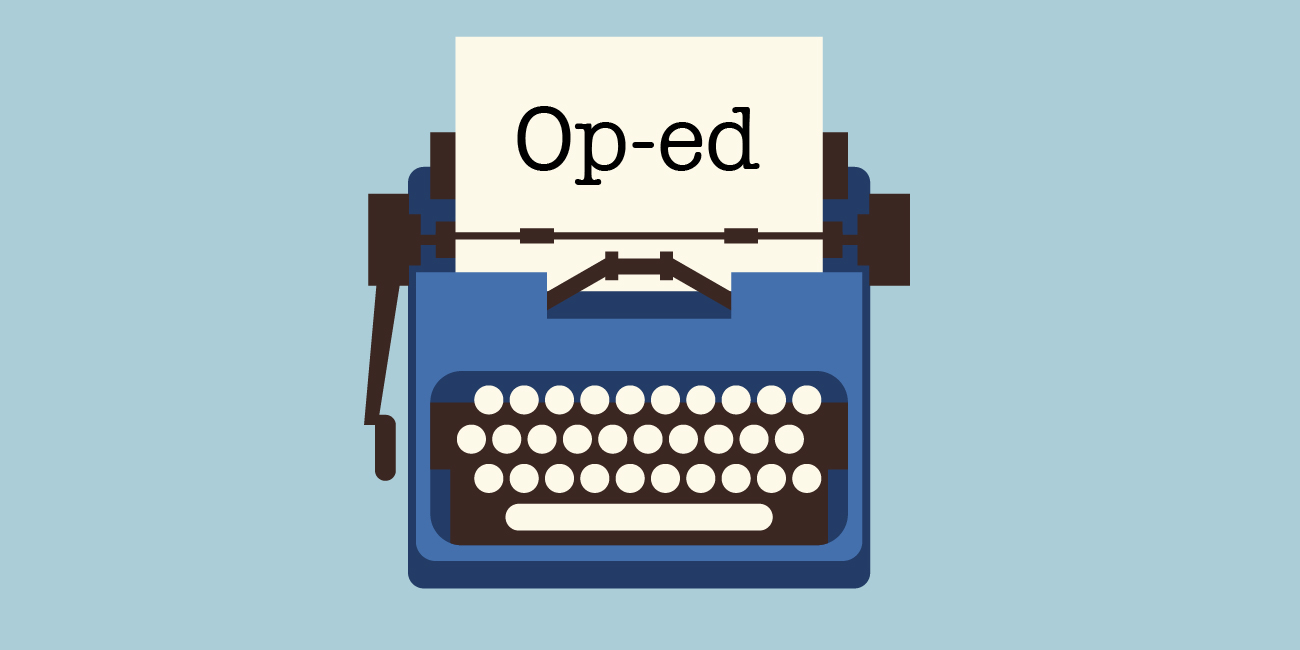

F.D. Flam
During the pandemic years, Americans’ trust in scientists fell, according to a Pew poll released this month. In 2019, only 13% of Americans were distrustful enough to say they weren’t confident in scientists to act in the public’s best interest. Now that figure is 27% — despite recent triumphs in astronomy, cancer research, genetics, and other fields.
It’s reasonable to assume the problem stems from COVID-era public-health missteps. Some public-health agencies took years to admit what had quickly become obvious: that the virus was airborne. Others suggested precautions, closing playgrounds and beaches, where any benefit would have been minimal. Some promoted policies, like sustained social isolation, that were hard to implement and endure — even for the prominent epidemiologists promoting them.
Public-health researchers and officials seem to think that rebuilding trust is just a matter of clearer, more persuasive communication. That would help, but it’s not enough — they should admit to their mistakes.
There’s been reluctance to do so. Last week, I attended an international meeting at Boston University on pandemic preparedness, and a panel on communication never got into the mistakes of the pandemic. When I asked experts afterwards about various policies and declarations that look wrong in retrospect, I got a chorus of “We didn’t know” — an unsatisfying answer. Even at the time, scientists should have been clearer when they were basing policies on educated guesses.
Sandro Galea, dean of public health at Boston University, delves deep into what public health got wrong in his new book, “Within Reason: A Liberal Public Health For an Illiberal Time,” to be published Dec. 1.
He tackles the silencing of dissenting opinions which led to groupthink, and the encroachment of political and personal opinions into the arena of science. That led to policies that were not always within reason — restrictions on outdoor behavior, closed playgrounds, and prolonged school closings.
In an interview, Galea told me that the reluctance to talk about such mistakes comes from a place of insecurity — a fear of giving in to the other side, equated here with former President Donald Trump. Public-health officials were rightfully dismayed by Trump’s unreliable bombast. But the answer isn’t to pretend to be infallible.
Even as early as January and February of 2020, the US public-health community was making unforced errors. Evidence mounted week after week that this disease was wreaking havoc in China and spreading around the world. Health authorities should have been scrambling to prepare hospitals and nursing homes, to create tests that worked, and to develop a strategy for contact tracing and virus monitoring. They should have warned people of possible business and school closures ahead.
Instead, we got reassurance from public-health officials, including editorials claiming that seasonal flu was a worse threat.
New York’s major outbreak in March 2020 created the conditions for a U-turn. As people died despite the lockdowns, we got moralizing about the dangers of going outside, despite reasonable evidence that was not the problem.
Perhaps it’s misguided to expect people to trust scientists when trust in so many institutions has fallen. (Scientists are still more trusted than journalists). And yet science works because the methods of science were developed to smooth out the work of fallible humans into a body of reliable, useful knowledge.
The double-blind clinical trial is an ingenious antidote to bias and our human tendency to see what we want rather than what’s really there. That’s why I got the COVID vaccine — not because I uncritically trust Anthony Fauci.
The same level of evidence didn’t support the implementation of vaccine mandates, and some institutions went beyond reasonable evidence in forcing workers and students at very low risk of severe disease to get second and third booster shots.
This public-health excess fed into existing pockets of irrational paranoia, giving new power to gurus on YouTube, who proclaim that the government is covering up deadly vaccine side effects — as well as the “real” cure for COVID, UFO aliens, and plots to take away everyone’s property.
Some of those spouting conspiracy theories are scientists — or at least people with the right degrees — which points to a flaw in the idea that people should trust the whole profession. Historian Edward Tenner calls them alt-thorities, and they show up not just on YouTube but Fox News and the popular Joe Rogan show.
So maybe the best we can hope for is more trust in scientists who appeal to that great body of established knowledge, and who present new knowledge when bolstered with multiple lines of evidence. And we should trust them not necessarily to act in the public interest, but to act in the pursuit of truth.
F.D. Flam is a Bloomberg Opinion columnist covering science. She is host of the “Follow the Science” podcast.
24World Media does not take any responsibility of the information you see on this page. The content this page contains is from independent third-party content provider. If you have any concerns regarding the content, please free to write us here: contact@24worldmedia.com

Common Mistakes When Using Athletic Field Tarps

High-Performance Diesel Truck Upgrades You Should Consider

Warehouse Optimization Tips To Improve Performance

Fire Hazards in Daily Life: The Most Common Ignition Sources

Yellowstone’s Wolves: A Debate Over Their Role in the Park’s Ecosystem

Earth Day 2024: A Look at 3 Places Adapting Quickly to Fight Climate Change

Millions of Girls in Africa Will Miss HPV Shots After Merck Production Problem

This Lava Tube in Saudi Arabia Has Been a Human Refuge for 7,000 Years

Four Wild Ways to Save the Koala (That Just Might Work)

National Academy Asks Court to Strip Sackler Name From Endowment

Ways Industrial Copper Helps Energy Production

The Ins and Out of Industrial Conveyor Belts